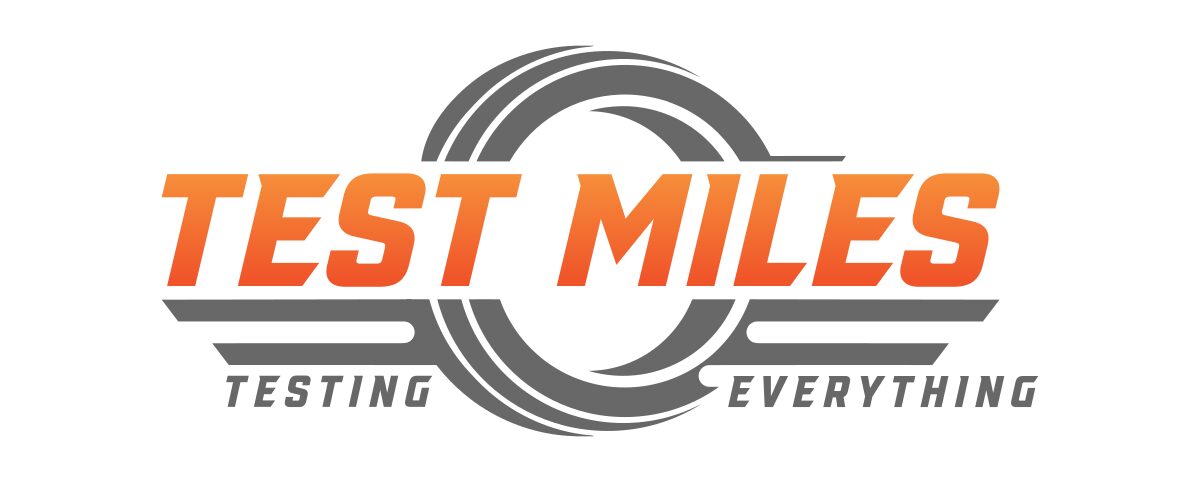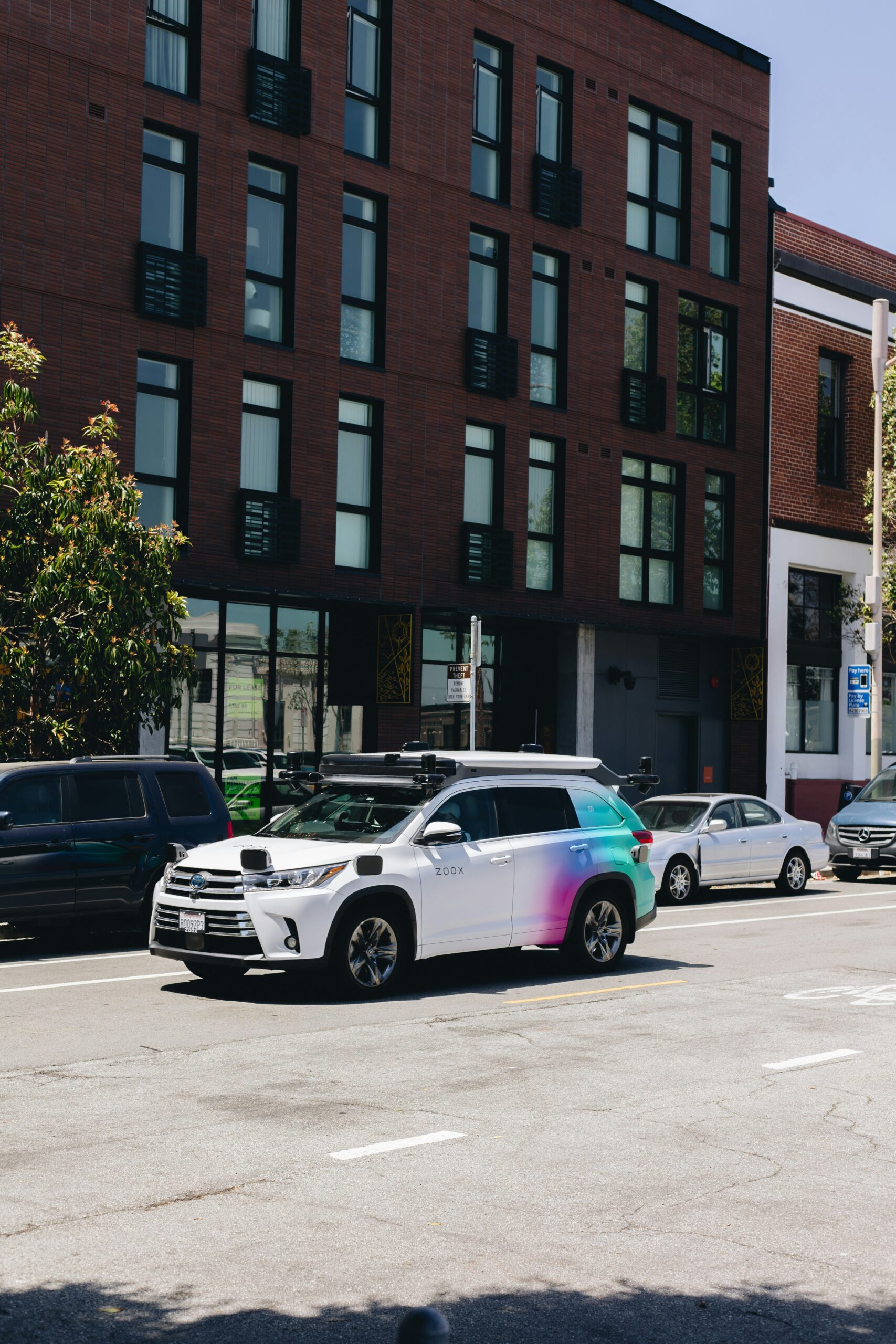How Autonomous Cars Could Rob Cities Blind—Legally

By Nik Miles | Test Miles Automotive News
When Cars Obey the Law… Too Well
There’s a paradox coming down the highway. Autonomous vehicles—those self-driving marvels of code and lidar—promise safer roads, fewer accidents, and a smoother daily commute. But if they’re adopted at scale, they may also trigger an unexpected consequence: a fiscal crisis in your local government.
Today, many cities quietly depend on bad driving to fund public services. Speeding tickets, illegal U-turns, red-light runners, and parking fines generate hundreds of millions annually. In fact, cities like New York rake in over $545 million per year from parking tickets. Los Angeles collects nearly $150 million. Baltimore, population just over half a million, hauls in more than $60 million, averaging over $100 per resident.
Now imagine a world where cars never speed, never park illegally, and never make a wrong turn. That’s the world of autonomous vehicles. And for city treasurers? That’s the beginning of a slow, legal heist.

The Forecast: A Budget Black Hole
The issue isn’t science fiction. It’s simple math. Across the U.S., over 730 municipalities rely on fines and fees for at least 10% of their annual budgets. In smaller jurisdictions, like Linndale, Ohio, that figure has been as high as 80%.
As autonomous cars become more common, violations will likely plummet. These vehicles are designed to be model citizens of the road. No more rolling through stop signs. No more overstaying the meter. No more $150 “gotcha” tickets for turning right on red in front of a camera.
If that happens, cities lose one of their easiest, most consistent cash cows—and it’s not just budget spreadsheets that feel the pinch. It’s public libraries. School crossing guards. Pothole repair crews. In extreme cases, even emergency services.

Lawful Cars, Lawless Consequences?
And here’s where it gets interesting. In a desperate attempt to plug the financial pothole, some municipalities may turn to more creative—or punitive—revenue strategies. Think congestion pricing, subscription toll lanes, or higher vehicle registration fees.
Worse, the loss of revenue could indirectly spark a rise in petty crime. If cities are forced to reduce services or eliminate positions like parking enforcement officers, traffic court clerks, or even beat cops, public safety might suffer. Ironically, a future where cars break no laws might be one where humans do so more frequently.
So, What Can Cities Do?
The answer isn’t to slow down the future—it’s to get smarter about it.
Cities will need to adapt, fast. Some possibilities include:
- Dynamic congestion pricing: Charging vehicles to drive in dense areas during peak hours.
- Mileage-based taxation: Replacing the gas tax with road-use fees tied to distance driven.
- Data-sharing partnerships: Working with AV companies to monetize traffic and infrastructure data, transparently and ethically.
But none of these are silver bullets. They require state legislation, voter approval, and the political will to rethink decades-old funding models. And let’s be honest—when was the last time all three happened quickly?

The Road Ahead
For now, autonomous vehicles remain largely in beta. They’re limited to tightly geo-fenced zones and sunny tech cities with pristine maps. But if the promises of Waymo, Tesla, Cruise, and Zoox ever come to full fruition, we could see mass deployment within a decade.
That gives us time—but not much.
This looming shift demands a broader question: Can cities afford a future where nobody breaks the law?
Because if every car obeys the rules, municipalities will need to rewrite the rules of how they fund themselves. The very efficiency we praise in autonomous driving could bankrupt the inefficiencies we’ve quietly built our cities on.

Like what you’ve read? Stay in the driver’s seat with more insider automotive insights. Follow @NikJMiles and @TestMiles for stories that go beyond the press release.







